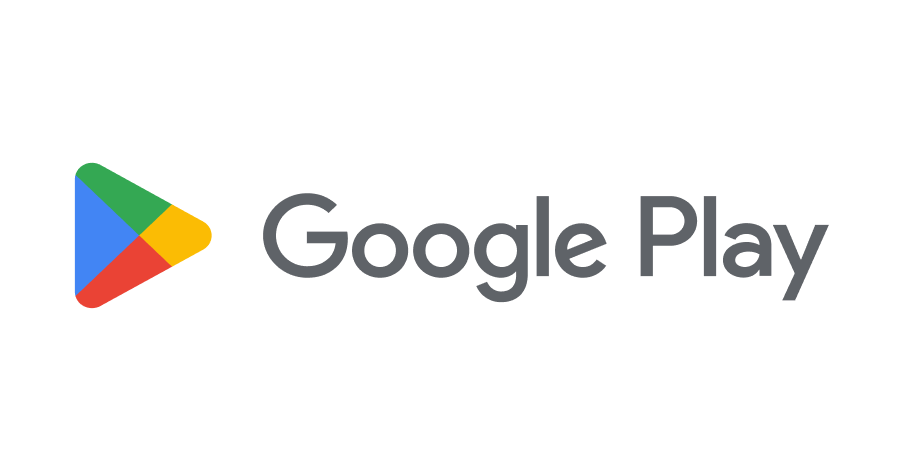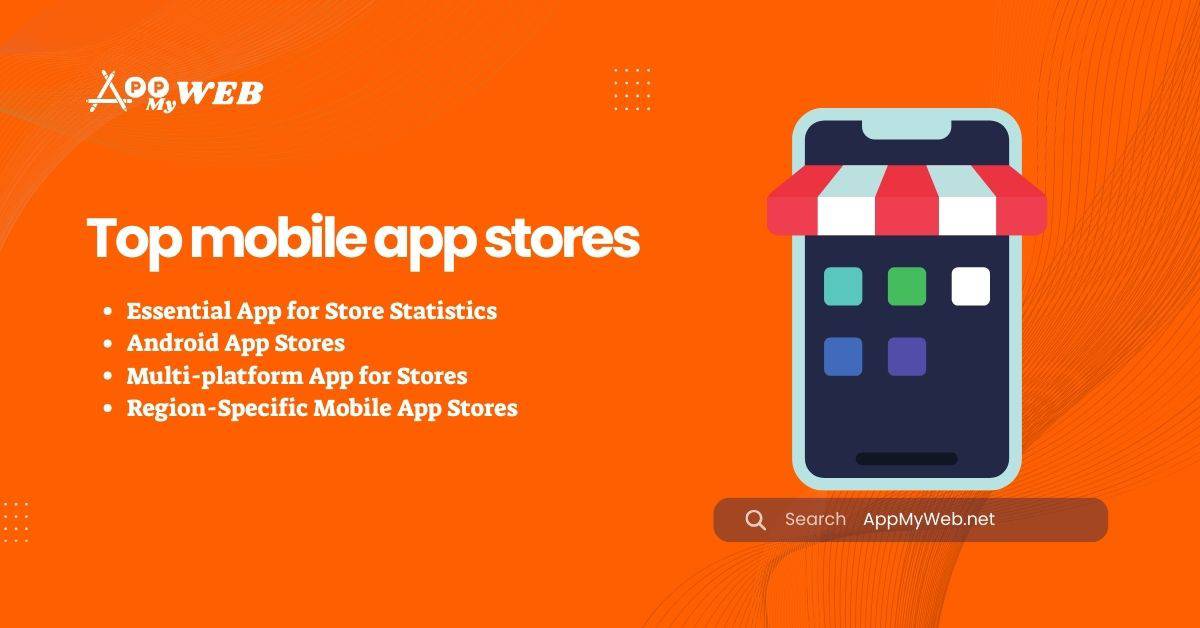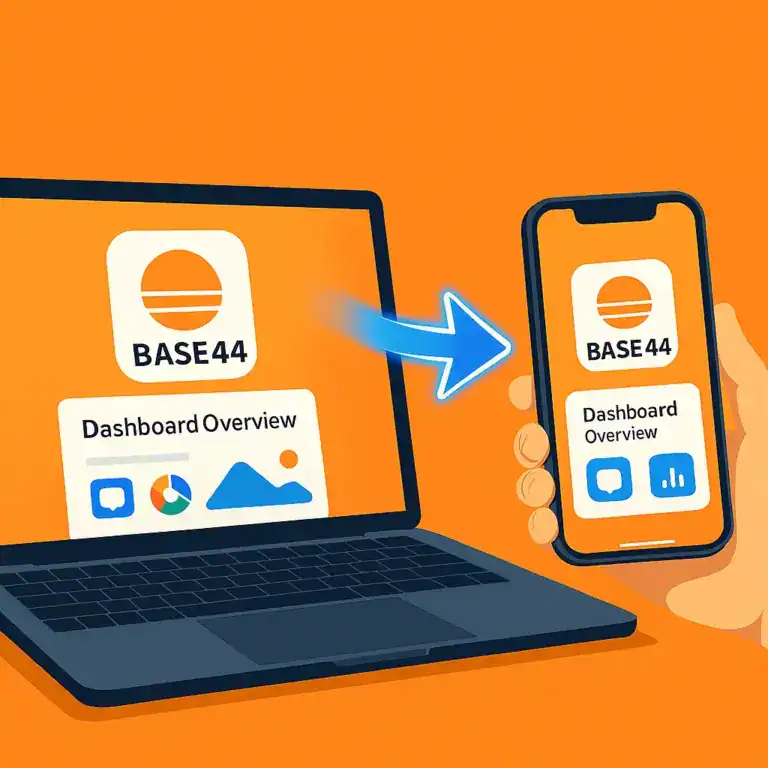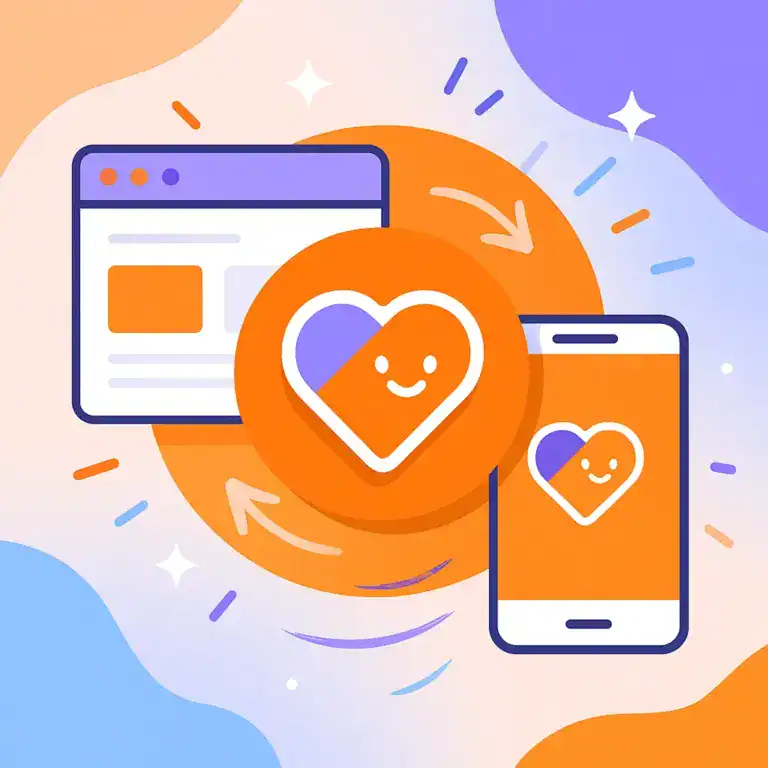Top mobile app stores
Mobile applications have reshaped the way we live, work, and play. With countless apps available across various platforms, the choice of where to publish your app becomes crucial. While the Google Play Store and App Store are the top mobile app stores, there are numerous other third-party app stores that can provide additional exposure for your app android and ios. This comprehensive guide examines the key and diving into their unique characteristics, reach, and potential benefits for best app developers and businesses.
Top mobile app stores
Appmyweb
Essential App for Store Statistics
Android App Stores
Multi-platform App for Stores
Region-Specific Mobile App Stores
Search
AppMyWeb.net
Essential App for Store Statistics
To truly understand the significance of app stores, here are several crucial statistics that demonstrate their impact in the digital landscape:
-
- The App Store Of Apple boasts over 3.6 million applications, with nearly a million categorized as games.
- Google Play Store is home to approximately 3.5M android mobile apps as of Q2 2022.
- On a monthly basis, Google Play Store welcomes around 10K newly released apps.
- Games dominate the app categories in both Google Play and apple app store
- Google Play Store facilitated an astounding 111 billion app downloads in 2021.
- The majority of apps are free on both platforms—96% on Google Play and 92% on the App Store.
Android App Stores
App store for android , being an open-source operating system, allows multiple app stores to coexist alongside the official Google Play Store. These alternatives provide developers with additional avenues for distributing their apps in the android market.
Google Play Store

The Google Play Store, hosting over 3.57M apps, remains the most renowned Android app store. As the default app store on Android devices, it’s the primary discovery platform for Android users. It’s crucial to optimize your app listing for enhanced rankings on relevant keywords, thereby increasing downloads.
AppBrain
Though not a traditional app store, AppBrain functions as a platform for app marketing solutions and a catalog of Android . It has over a 1M apps on its platform and has published 35 Android mobile apps with more than 50 million downloads.
1Mobile
1Mobile offers a wide array of Android third party app stores, games, ebooks, and other digital products. It’s a viable alternative for users wishing to explore options beyond the traditional app stores like Google Play.
Aptoide
An open-source app store platform, Aptoide is a decentralized option that allows the download of mobile apps for Android devices. It reached a count of 1M apps in 2018, and supports applications for smart TVs and VR.
SlideMe
SlideMe is a dedicated Android app store that stands as one of the top alternatives to Google . Being one of the oldest Android marketplaces, it claims to be second only to Google Store in terms of global reach.
iOS App Stores
Apple’s proprietary operating system, iOS, has only one official app store—the Apple App Store.
App Store

The App Store is the second most popular app store globally, hosting 2.18M iOS applications. As the sole official app store for iOS, it’s imperative to publish your apps here for discoverability.
Cydia
Cydia serves as a platform for installing apps on jailbroken iOS devices. While not an official store, it provides an alternative for users with jailbroken devices to download and install iOS mobile apps.
Multi-platform App for Stores
Several app stores cater to multiple platforms, offering developers the opportunity to reach a diverse range of users.
Amazon App Store

The App Store of Amazon, run by Amazon, ibest app stores for downloading Android applications. It hosts close to half a million apps and provides a viable alternative to Google Play.
GetJar
GetJar is one of the largest app stores, boasting nearly a million published apps. Its vast volume of apps offers
App stores in china
Chinese App stores in is an undeniable behemoth in the global app market. For iOS applications, the App Store is the standard avenue for app discovery within China. In 2016, China surpassed the US in revenue generated from the App Store, making it an essential destination for all major app developers and businesses.
Android applications, however, have to take a different route since Google Play is not available in China. Here are the key Chinese Android app stores in that developers should consider:
Huawei App Gallery
Huawei, one of the world’s leading smartphone manufacturers, provides its own app marketplace for users to explore mobile applications. With a commanding 44% of the app store market share in China, Huawei’s platform is the most frequented store for Android apps.
MyApp
Tencent, a highly influential internet company based in China, operates the MyApp Android app store. With a market share nearing 16%, Tencent’s MyApp has a significant presence in the Chinese market.
Oppo Software Store
Oppo, another popular mobile manufacturer, offers a pre-installed app marketplace on its devices. With Google Play unavailable in China, many users turn to the Oppo Software Store to discover and download apps. Its market share in China stands at roughly 20%.
VIVO App Store
VIVO, one of the world’s most popular smartphone companies, also runs its own app marketplace. In China, the VIVO App Store holds a market share close to 17%.
Baidu Mobile Assistant
Baidu, often referred to as China’s Google, naturally has a dedicated app marketplace. The Baidu Mobile Assistant is a platform where users can find a variety of mobile applications, holding a 7.2% market share in China’s app store space.
Other notable Android app stores in China include 360 Mobile Store, Xiaomi App Store, and Sogou Mobile Assistant. Market share data sourced from AppInChina.
Operator and Region-Specific Mobile App Stores
We’ve explored best app stores in this list that can be categorized based on the platform they support, their popularity in certain countries, and the smartphone company that operates and manages them.
Some app stores are also managed by mobile network operators. While these might not be globally renowned, they do find relevance in specific regions. A few key examples of this type of app store include:
One Store: Managed by SK Telecom, one of South Korea’s leading operators. Jio App Store: Operated by Jio, one of India’s most prominent telecom providers, the Jio App Store offers users a platform to discover and download Android applications.
Many of these operator-based app stores have become obsolete over time. They were popular around a decade ago when smartphones were relatively new to the market. However, only occasionally do operator-based app stores manage to secure a significant presence in the app store arena.
One Store
One Store is operated by SK Telecom, one of South Korea’s largest telecom providers.
Jio App Store
jio In India, one of the most popular telecom providers, operates its own App Store, allowing users to discover and download Android apps.
While operator-based app stores were more popular in the early days of smartphones, their impact has lessened over time. Still, in some areas, these app stores can provide a considerable foothold in the app market.
Frequently Asked Questions: Unraveling Common Queries About App submission
Developers and business owners often have a series of questions about mobile app stores. Here, we address some of the most commonly asked questions.
How do I decide which app store to publish my app on?
The two principal app stores to consider are the Google Play Store and the App Store. If your app is live on these two platforms, you’re already maximizing your potential app store visibility.
You can also consider other app stores like the Amazon App Store and GetJar. However, these platforms are unlikely to significantly impact your app download rates. Concentrate on enhancing your presence on the default app stores—Google Play and the App Store—as these are the go-to platforms for smartphone users worldwide.
That said, alternative app stores could be beneficial for certain regions. For instance, if your target audience is in China, it’s crucial to consider the popular local
Can my app go on more than one store at time?
In the realm of every apps and games, you have the option to publish your new apps on a list of mobile app stores. Google Play, for instance, provides flexibility in distributing your app. It doesn’t limit you from showcasing your app on Android third party app platforms like AppBrain or APKpure.
However, when it comes to iOS, the landscape is quite different. The App Store stands as the solitary viable platform for iOS applications. Hence, you are only able to publish your iOS mobile app on one platform, the App Store. While Cydia has been touched upon in this context, it’s essential to remember that it only functions with jailbroken iOS devices.
Is it free to list app in app stores?
Each app store operates with its unique set of policies for app listings. For simplicity, let’s focus on Google Play and the App Store.
In essence, there’s no direct cost involved in publishing your app. However, the creation of Google and Apple developer accounts, a prerequisite for submitting your app to the respective stores, does incur a fee.
At present, it costs $25 to establish a Google Console account (commonly referred to as a Google developer account), which grants you the ability to submit your app to Google Store. Conversely, to present an iOS application to the App Store, you must create an App Store Connect account (also known as an Apple developer account), which requires an annual fee of $99.
Once these developer accounts are set up, you’re permitted to submit an unlimited number of apps to the app stores. The only expense is the initial cost to create the developer account.
How many types of app stores are there?
We’ve highlighted different app stores in this enumeration. While countless methods exist to categorize the various types of app stores, we’ll focus on the most fundamental one – the employed operating system.
Predicated on the operating system, there are three categories of app stores: Android, iOS, and multi-platform. Illustrations of all these three types of app stores have been provided in this article.
Which are the official app stores?
While there’s no officially designated app store, the Google Store can be considered the go-to platform for Android applications. Likewise, the App Store is generally regarded as the standard marketplace for iOS devices.
Which app store is the best?
It is subjective to declare one app store as the ‘best,’ but it’s reasonable to acknowledge that Google Play and the App Store are some of the most sought-after app stores. When creating an app, it’s recommended to launch it on both of these platforms.
Why are app stores important?
App stores essentially function as consolidated platforms where smartphone users can explore a wide variety of apps. They play a crucial role by streamlining the process of app discovery for smartphone users. Without these app stores, locating a desired app would pose a challenge for users.
Hence, app stores serve as a vital tool for both app developers and general users. For developers, they offer the benefit of showcasing their apps on a unified platform, whereas for users, they provide a one-stop solution for accessing all kinds of apps.
Top mobile app stores for android and iOs
When the topic of app stores arises, the common perception is that only Google Play and the Apple App Store serve as avenues for app discovery.
However, there exist numerous alternatives to Google Play and the Apple App Store. This article from AppMyWeb presents a comprehensive list of top app stores to explore and download new apps. If you’re an app developer or a small business owner utilizing a premium DIY mobile app builder, these app stores offer an extra channel for enhancing your visibility and marketing.


